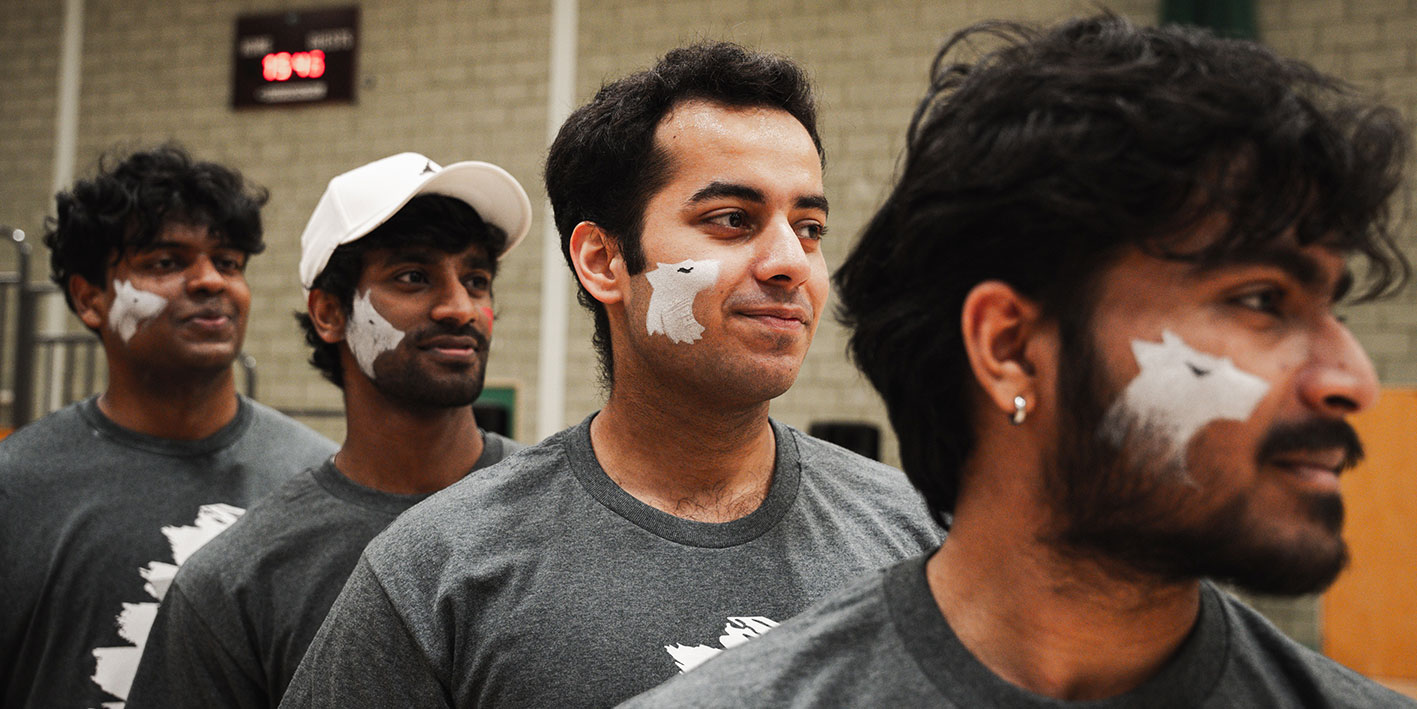
The psychology of humour and the link to well-being
Funny Things – Wolverhampton’s new comedy festival - will be joined on Friday by Dr Tracey Platt, who will be explaining the links between the Psychology of Humour and Well-being.
Ask a layperson if they have a “good sense of humour”, and they will often report in the affirmative, with more than 90% claiming that their humour is actually “above” average. Yet, as a scientific discipline, even defining what a good sense of humour is, or more fundamentally, what we mean by humour, is an ongoing task for humour scholars and for psychologists interested in humour in particular, as they require to measure it.

As part of the Funny Things Comedy Festival I have been invited to explore some of the roots of humour as an academic topic and how the construct of humour has been defined. However, our understanding of the psychology of humour is not simply a historic artefact but something which it is highly relevant as a way of navigating this, the 21st century, and the technological world we now live in.
With the advancement of machine interactions, the need for a social lubricant is essential to allow us to engage with avatars and virtual agents fluidly and for any extended period of time. Humans are notoriously unforgiving when communication rules are breeched - we stop engaging! This is where the role of humour comes in. Some of my own studies have investigated this type of social interaction and showed that those in low states of cheerfulness can have their mood elevated by interacting with a humorous virtual agent. This highlights some of the wonderful possibilities for using avatars and machines as companions, not only for older people but for those who find one-to-one human interactions difficult and challenging.
From cross-cultural studies testing people on every continent, we have found there are those individuals who struggle to comprehend humour in social interactions to the point of fearing it. These people are experiencing something called gelotophobia. For them humour is not something that is socially bonding but something that makes them feel mocked and ridiculed. Looking at facial expressions of smiling and laughter in the lab, not only do these people see smiling as being more in line with contempt, they actually mirror this in the facial signals they send back. Can you imagine how detrimental this is for that person? Smiling and using humour is so ubiquitous in our daily interactions, we very often use a smile to reassure others. So, a nervous gelotophobe, going to see a counsellor or to get treatment, will be faced by a therapist who wants to be polite and appear friendly, and who starts smiling at their new client. Something that will deeply upset the already vulnerable gelotophobe. They will believe that even the therapist is laughing at them, as this is how they misattribute the intent. As we also use smiling, and our humour to attract our life partners. These individuals tell us that they are still searching for someone, although I did interview a gelotophobe once who told me he had found the perfect wife, as she never smiled!
This misattribution also impacts in the workplace, as gelotophobes commonly believe they are being bullied by colleagues who are always laughing at them. Currently, along with a colleague, Dr Chris Cockshott, we are investigating the impact that this and other mental health issues may have on student’s readiness to work and employability.
Understanding the different comic styles, where humour, which has a very benevolent and friendly quality, is only one of eight (so far) investigated. The other comic styles being: fun, nonsense, wit, irony, satire, sarcasm, and cynicism. A very recent systematic review I have been working on with Reader of Psychology, Dr Darren Chadwick, has looked at the state-of-the-art relating to humorous interactions of those people with intellectual disabilities. These individuals often state how they just would like to see their carers as friends, and that it is fine to laugh about the disability, so long as it is not laughing at them. This is where understanding the subtle differences in having fun, being playful with nonsense and humour could help and from this first research, this will be something which we intend to investigate more fully.
Humour is a virtue that does positively impact on our well-being and life satisfaction. It elicits positive emotions and helps us develop positive relationships. It surrounds us in our daily lives to the point it becomes almost too obvious it gets overlooked. However, this is a fascinating subject at an academic level and if that does not interest you, then you can simply sit down and enjoy the treats the full programme that Wolverhampton’s first comedy festival has to offer.
- Dr Tracey Platt is a lecturer of Psychology in the Faculty of Education Health and Well-being. Her lecture, the Psychology of Humour and its link to Well-being, will take place in the Chancellor's Hall at the University on Friday, 3 November 2017 at 2.30pm.
- Further details about the Beyond the Jokes seminars
For more information please contact the Corporate Communications Team.


/prod01/wlvacuk/media/departments/digital-content-and-communications/images-2024/240328-Varsity-Line-Up-Resized.jpg)
/prod01/wlvacuk/media/departments/digital-content-and-communications/images-18-19/220325-Engineers_teach_thumbail.jpg)
/prod01/wlvacuk/media/departments/digital-content-and-communications/images-2024/240404-Digital-Humanities-Training-Resized.jpg)
/prod01/wlvacuk/media/departments/digital-content-and-communications/images-2024/240320-Uzbekistan-Resized.jpg)
/prod01/wlvacuk/media/departments/digital-content-and-communications/images-2024/240229-The-Link-Resized.jpg)
/prod01/wlvacuk/media/departments/digital-content-and-communications/images-2024/240404-Pharmacy-Students-Resized.jpg)

